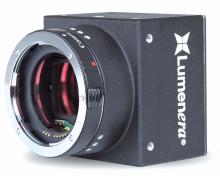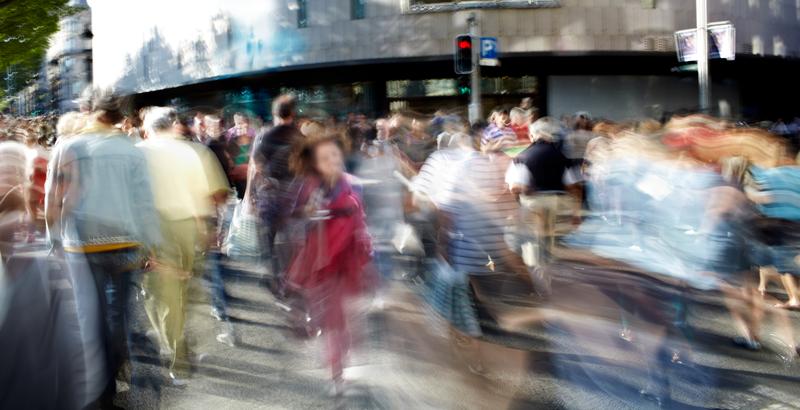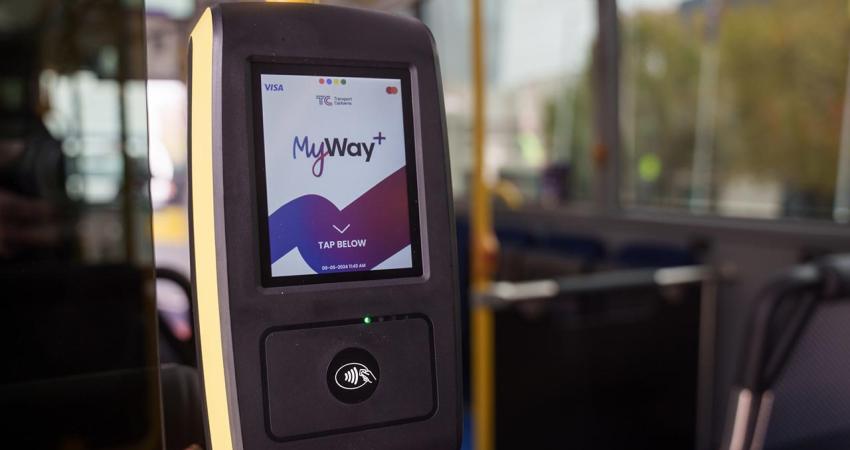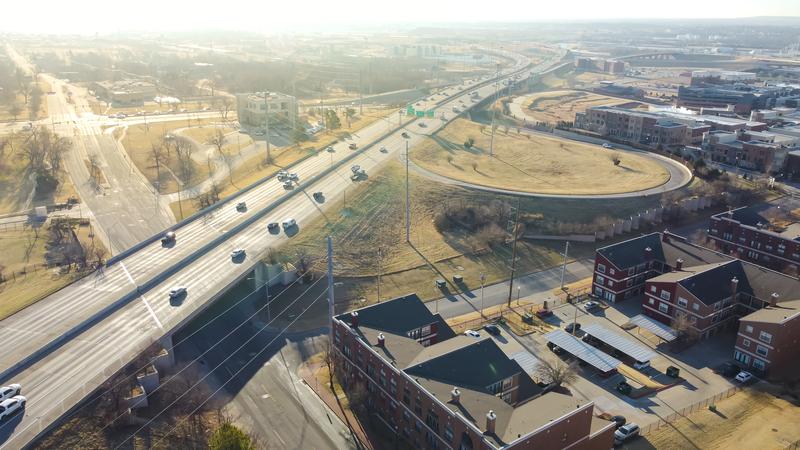Japan-based Denso has developed a new standard vision sensor that aims to detect pedestrians at night, cyclists, road signs, driving lanes and other road users. It works with a millimetre-wave radar sensor, enabling automobiles to activate emergency braking when obstacles are identified to help reduce accidents and improve safety.
Japan-based Denso has developed a new standard vision sensor that aims to detect pedestrians at night, cyclists, road signs, driving lanes and other road users. It works with a millimetre-wave radar sensor, enabling automobiles to activate emergency braking when obstacles are identified to help reduce accidents and improve safety.
The solution uses a lens specifically designed for low-light use and a solid state imaging device with higher sensitivity to better identify other road users and different-shaped road signs, such as triangular, rectangular, and octagonal signs used in Japan, Europe, and the United States. An improved white-line detection algorithm and road-edge detection algorithm are also said to broaden the operating range of lane-keeping assistance and lane departure alert functions, while a 40% size reduction from previous models aims to reduce costs and make installation easier.













